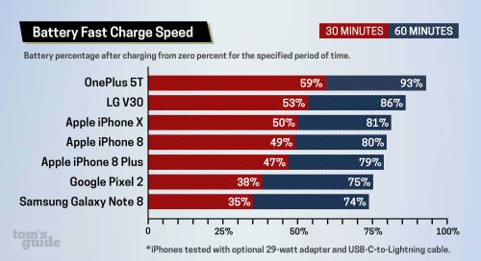Enabling Fast Charging and Safe Operation for Li-ion/Na-ion Battery: Modeling, Simulation and Optimization
Battery charging time is one of the most critical factors that will govern the penetration of electric vehicle in the market. Reduction in battery charging time is also desirable for portable electronics including cellphones. Significant research is underway to reduce the charging time of a lithium-ion/Na-ion battery. Ensuring safety while fast charging as well as discharging is also crucial for battery usage. Some take the design path (development of material with better transport and kinetic properties) while others take control and optimization path. We take the chemical engineering approach for modeling and simulation followed by an optimization scheme to derive the fastest charging algorithms for the battery while ensuring safety. Utilizing such an approach, one can also analyze the impact of fast charging on battery degradation. It is of critical importance for a battery manufacturer to know the fastest charging algorithm that will not significantly degrade the battery.
Background:
Following coursework will definitely be helpful in pursuing this topic: Process control, numerical methods, electrochemical and chemical reaction engineering, transport phenomena. Familiarity with any of the software/language packages such as Matlab, Python or C/C++ will be useful. Though this project is computational heavy, an experimental component can certainly be added depending on the interest of the student.
